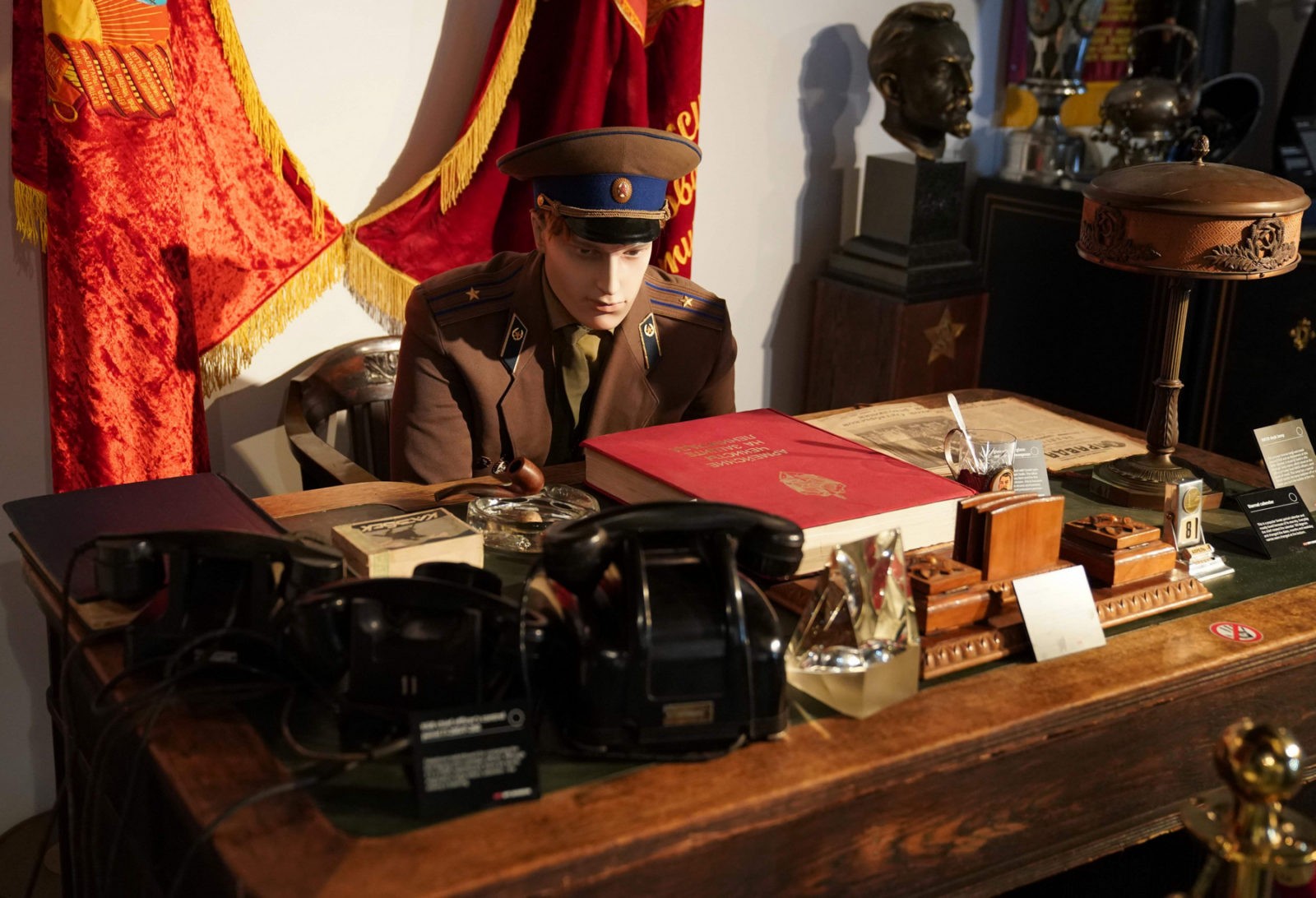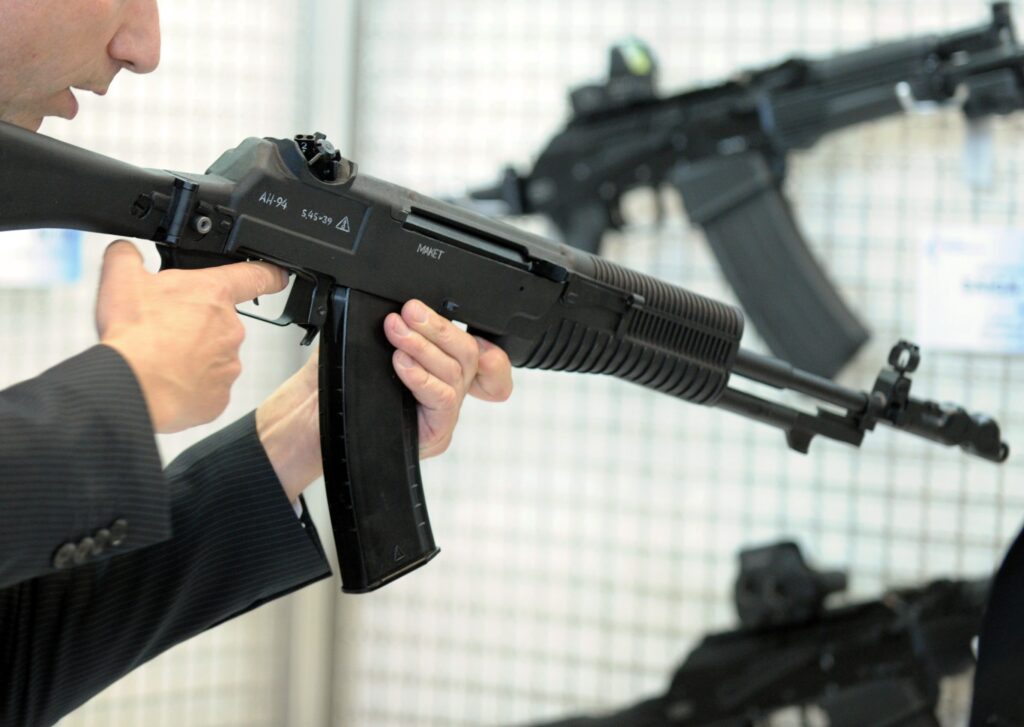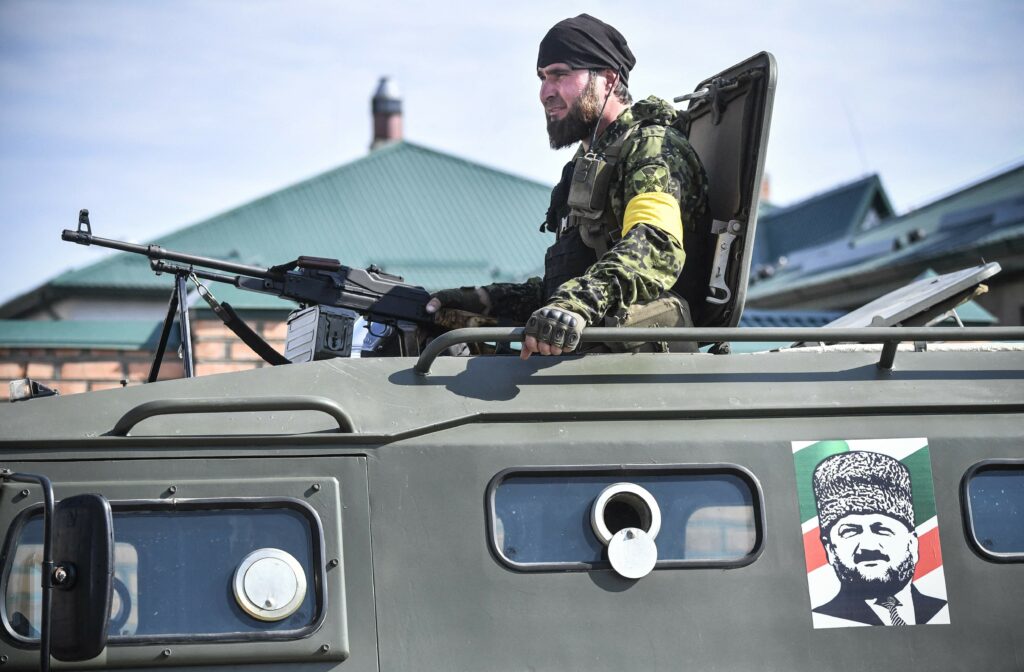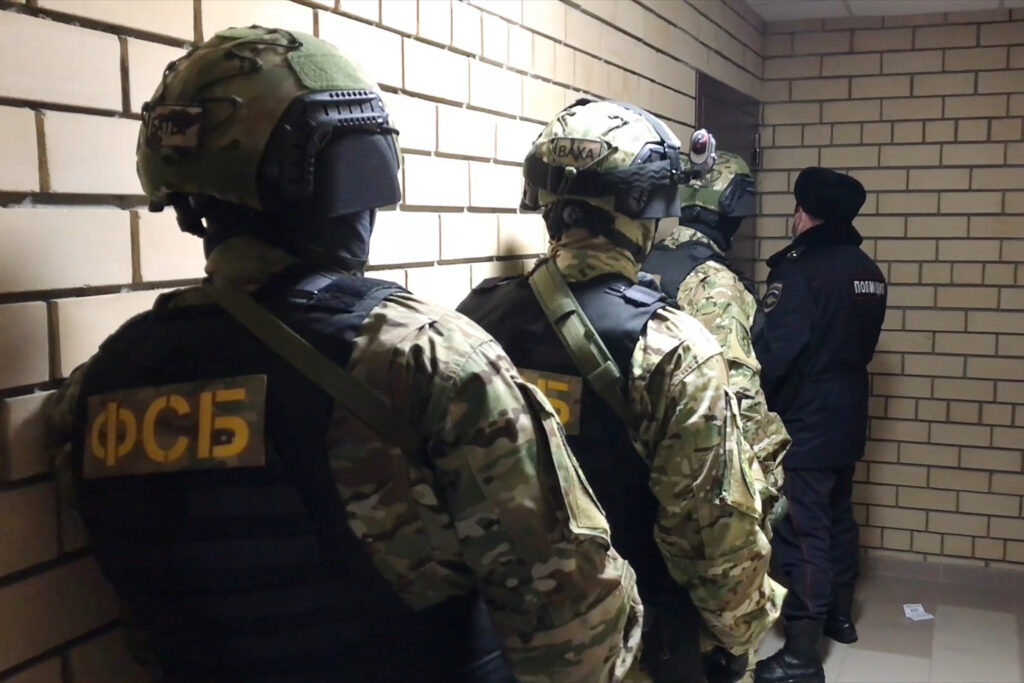Russia’s secret police and intelligence agencies are rarely out of the news, but that does not mean we know a lot about them. Conspiracy theories abound, facts are scarce, and Russian officials’ customary denial of any involvement in high-profile murders or election interference does not get us any closer to forming a clear picture of the spy agencies’ political role.
Intelligence operations tend to be opaque and deceptive everywhere, not just in Russia. Popular culture celebrates manipulative spy masters and spook assassins everywhere. Yet Russia’s spy masters and spook assassins seem to be in a league of their own. Any light that can be shed on their motives and ultimate objectives is highly welcome.
The Compatriots: The Brutal and Chaotic History of Russia’s Exiles, Émigrés, and Agents Abroad, a recent book by Irina Borogan and Andrei Soldatov, does just that by looking into the origins of Russia’s political police and finding continuities between the present and earlier periods in the agency’s history. In fact, Borogan and Soldatov discover disturbingly more features persisting from the spy agencies’ early days than might be thought possible.
The past can sometimes be more revealing than the present. The authors had access to numerous sources, including declassified documents, published memoirs, and interviews recounting stories remembered from the agencies’ days of yore. For their book, Borogan and Soldatov also make extensive use of their conversations, some of them intriguing and hilarious, with Russian businessmen who used to be intelligence officers.
The very nature of Lenin’s political movement contributed greatly to the kind of secret police it later gave birth to. Since its inception in the late nineteenth century, Russia’s Social Democratic Party—which later became the Bolshevik party—was an underground grouping of exiles abroad. It did have aboveboard representatives in Russia whenever the Russian authorities permitted it, but Lenin always insisted on preserving his underground network of professional revolutionaries. Czarist police could always shut down legal party cells; illegal ones were then ready to pick up the baton.
Like most other close-knit underground organizations, the Bolsheviks were paranoid about traitors in their midst. A turncoat was worse than an open enemy. When all those conspirators returned home and unexpectedly won power in 1917, they no longer felt in control of their own rapidly expanding rank and file. Most of the new members had never endured the hardships of imprisonment and exile. They could not be as dedicated as the party’s original core; they were outsiders and could be opportunists, so Bolshevik thinking went.
Calling Bolsheviks—who soon renamed themselves Communists—a ruling party would be a misnomer; during its early years the regime had no regular government. A disparate collection of Red Guard detachments was yet to be turned into a centralized military (that would be achieved later by Leon Trotsky). It was the sense of vulnerability and fear that warranted the creation of the Cheka—the All-Russian Extraordinary Commission, later known under many other monikers, including NKVD, KGB and the current FSB. (As if recognizing this historical continuity, Russians have always informally referred to their security organs as Cheka.)
The Cheka had to be ruthless and efficient not because the Communists were strong but because they were weak. Lenin insisted that this extraordinary force should never shrink from violence. The Cheka had to compensate for the new regime’s lack of resources and other governance tools.
Originally, the newly created Bolshevik political police put the regime’s militant and ideological enemies in their crosshairs. This is in line with what most spy agencies do. They did not touch former comrades, though. Those Communists who went into opposition to the ruling group were not murdered; rather, they were expelled from the ruling elite or forced out of the country, Borogan and Soldatov write. That changed with Stalin’s ascendance to the Communist Party’s leadership.
Stalin knew all too well what role exile politics played in many coups and revolutions throughout Europe, not just in Russia. Incidentally, Stalin himself spent little time abroad, while those of his fellow revolutionaries whom he considered his archenemies had long stints as political émigrés on their résumés. Apart from being dogmatic Communists (which Stalin was too), they were well versed in foreign languages, literature, and the arts (which Stalin was not).
Leon Trotsky, a successful radical journalist and revolutionary, worked abroad between 1905 and 1917 (and for a few years before 1905). At the end of the 1920s, when Trotsky was expelled from the Soviet Union for his staunch opposition to the ruling group, Stalin likely feared that this able organizer and fiery propagandist could build a successful subversive operation against the Russia of the Bolsheviks, just as he once had against the Russia of the czars.
That was Trotsky’s—and many other Soviet exiles’—death warrant. Soldatov and Borogan relate some thrilling stories of individual master executioners, including that of the infamous Yakov Blumkin, and write about the political police’s structures dedicated to assassinating enemies. A similar structure must exist in today’s Russia, the authors imply.
The irony of Soviet history is that the White Guard émigrés, as well as renegade Communists and all other waves of émigrés, proved almost comically inept at real anti-Soviet subversion. Soldatov and Borogan tell many stories of outsiders, including Americans, trying to use émigré communities to undermine the Moscow regime—all to no avail. Many of the post-revolutionary émigrés were pining for Russia’s past, not imagining a future as the Bolshevik exiles once did.
Still, the trail of high-profile assassinations has not stopped to this day. Democratic and authoritarian systems have “fundamentally different notions of intelligence,” Richard Aldrich, professor of international security at the University of Warwick and an authority on British intelligence, tells the authors. In democratic countries, Aldrich says, intelligence is about gathering information. Under authoritarian regimes, “intelligence is about protecting the regime and policing émigrés.”
The reasons for the stubborn persistence of the Cheka’s “Assassin’s Creed” go deeper. The Cheka was granted extraordinary powers before the Soviet state was fully formed. After the revolution,Russia’s governance system went through crises, fell apart, and was rebuilt under the Cheka’s watchful eye. Cheka precedes the state, of which today’s Russia is a legal successor, and looks down on it.
That said, there are differences. Under Communist rule the secret police were a political tool, a function of the kind of direction they were given by the guardians of the reigning ideology. In today’s Russia, ideology, at least in the twentieth-century sense of the notion, is long gone. All those numerous successors of the KGB—domestic political police, spies, high-ranking officials’ bodyguards—have taken on a life of their own as so-called siloviki and might even be seen as the Russian ruling elites’ thought leaders.
To understand Russia’s domestic and foreign policy, it is necessary to include the country’s secret police and security agencies in the equation. Reforming Russia’s political system will require relegating Russia’s spies extraordinaire to history and creating a real intelligence service.










